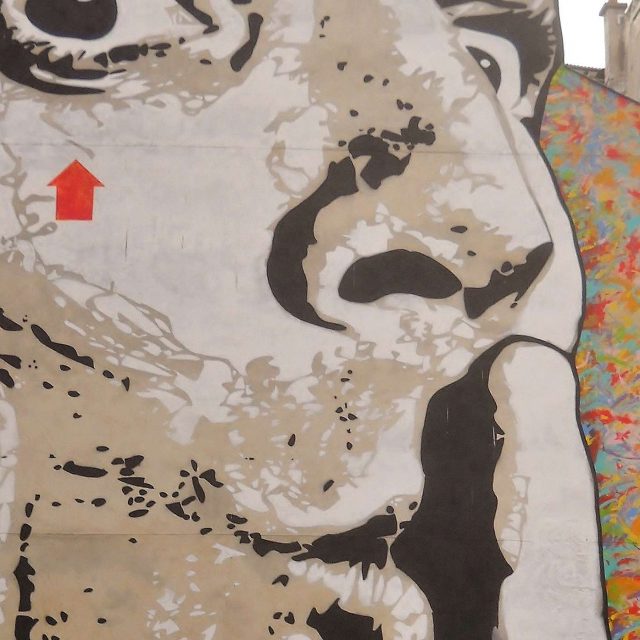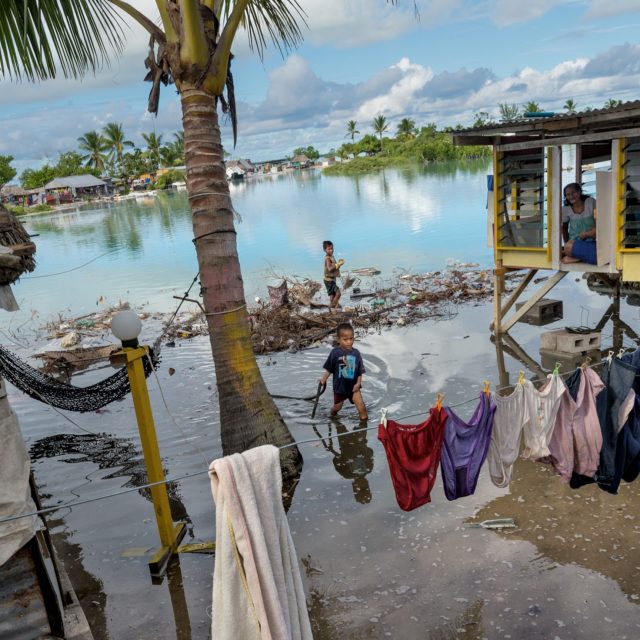European council president Donald Tusk says he is “very happy” about the turnout in the EU elections, the highest for 20 years.
Tusk said the 50 per cent turnout makes the parliament “more representative.”
He said, “First and foremost, we are very happy about the turnout, which was the highest in 25 years.
“This proves that the EU is a strong, pan-European democracy, which citizens care about. Whoever will lead the European institutions, they will have a genuine mandate from the people. At the same time, we will have a slightly more complex parliament, requiring at least three parties to form a majority.
“This also makes the European Parliament more representative. It will reflect a much greater diversity of views and national sensitivities. This is a truly democratic outcome, and I am personally very happy about it.”
Tusk added, “For me, and I say this also based on the leaders’ discussion, these results are a good omen for the EU and for our future as Europeans. The vast majority voted for a more effective, stronger and united EU, while rejecting those who want a weak Europe. “

The former Polish PM went on, “This is a powerful sign. Europe is the winner in these elections. In fact, as people have become more pro-European, some major Eurosceptic parties have abandoned their anti-EU slogans and presented themselves as EU-reformers. This is a positive development. I have no doubt that one of the reasons why people on the continent voted for a pro-European majority is also Brexit. As Europeans see what Brexit means in practice, they also draw conclusions. Brexit has been a vaccine against anti-EU propaganda and fake news.”
Tusk said, “Now, on the appointments and the lead candidates. Today’s discussion confirmed the agreement reached by the leaders in February last year, that the European Council will exercise its role when electing the Commission president, meaning – in accordance with the Treaties – that there can be no automaticity.”
“At the same time, no-one can be excluded: being a lead candidate is not a disqualification, on the contrary, it may increase their chances. The Treaty is clear: the European Council should propose, and the European Parliament should elect. Therefore, the future President of the Commission must have the support of both a qualified majority in the European Council and a majority of the Members of the European Parliament.”
“We also discussed balances. That is: the need to reflect the diversity of the Union when it comes to geography, the size of countries, gender as well as political affiliation. This will be our genuine aspiration. But, as I already said in Sibiu, in the real world a perfect balance may be difficult to obtain.”
“I will now engage in consultations with the European Parliament, as foreseen by the Treaty. To kick-start this process I have already offered to meet the European Parliament’s Conference of Presidents as soon as they are ready. In parallel, I will also continue my consultations with Members of the European Council both on the future President of the Commission and on the future President of the European Council and the European Central Bank, as well as the High Representative. I can promise that I will be as open and transparent as possible.”
He concluded, “I hope that, on that basis, we can provide clarity on all these posts already in June.”




